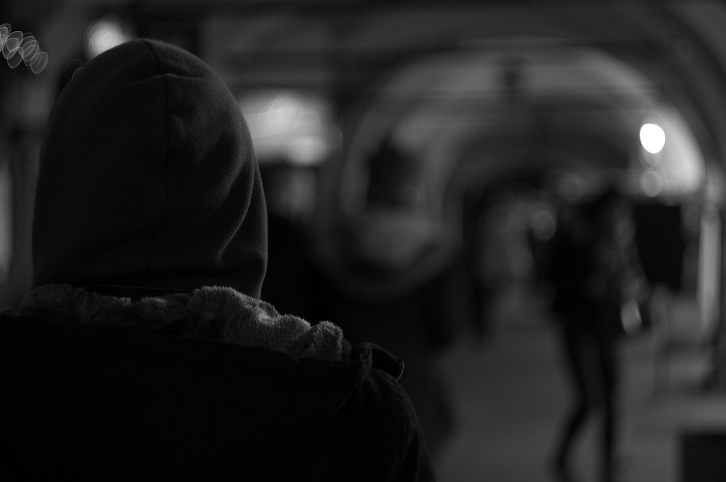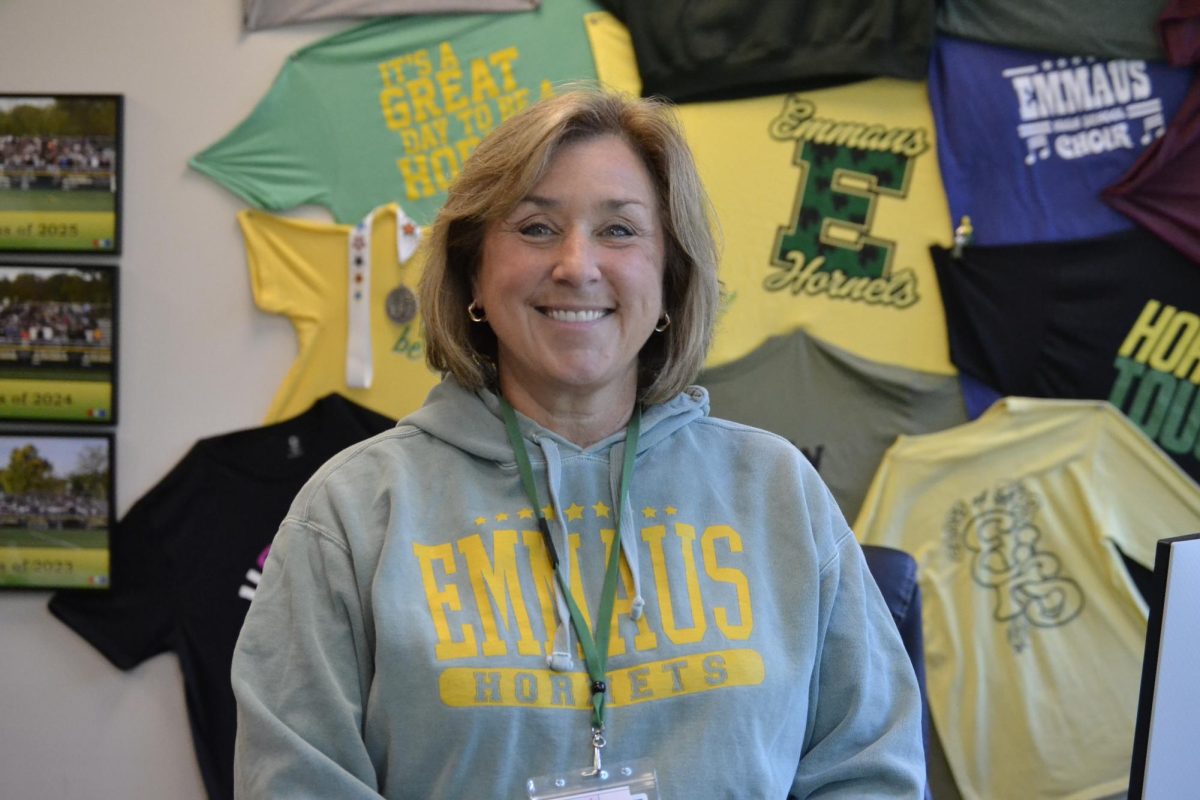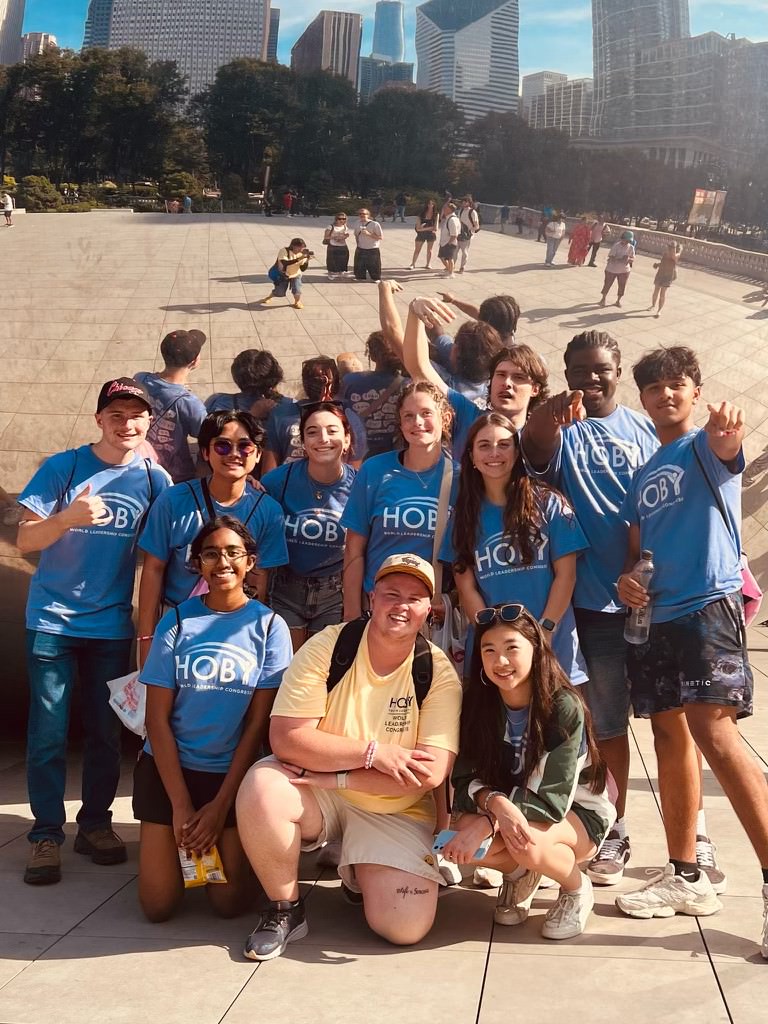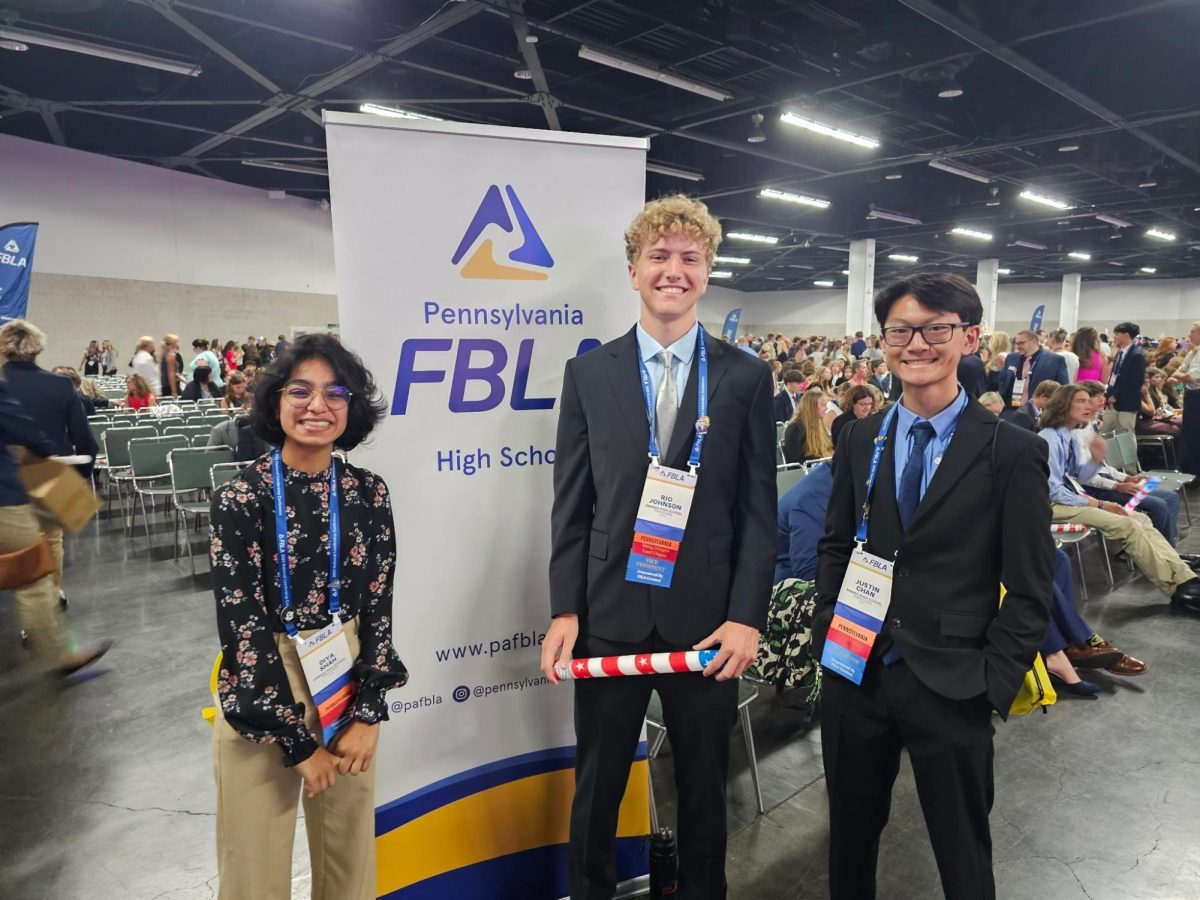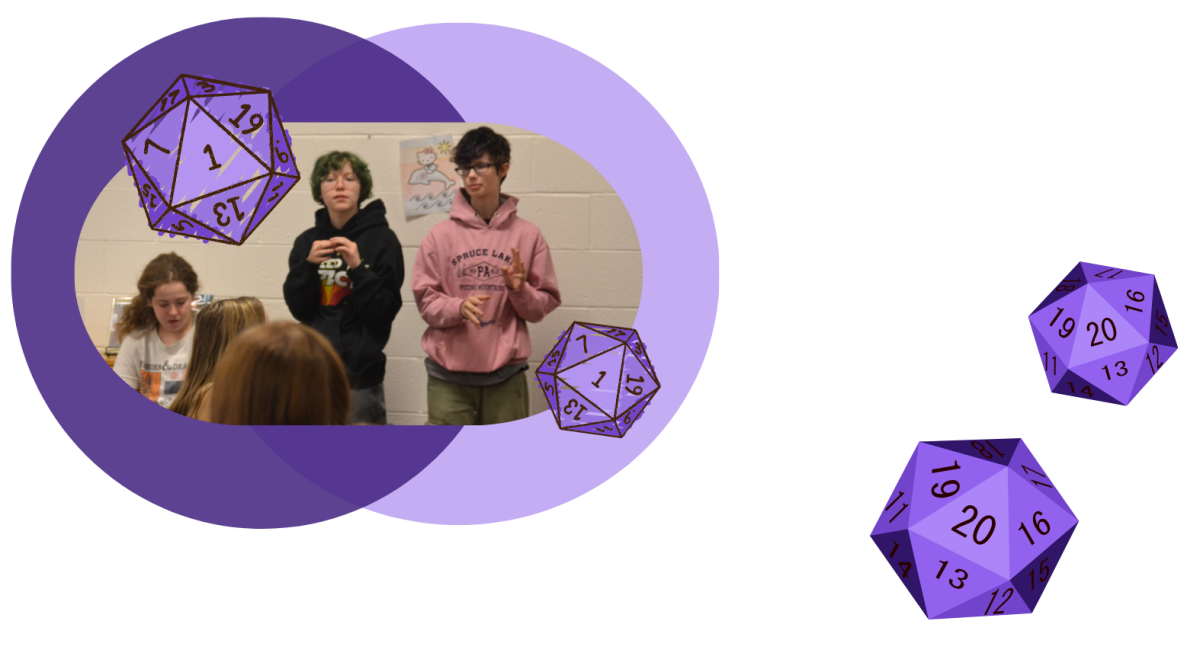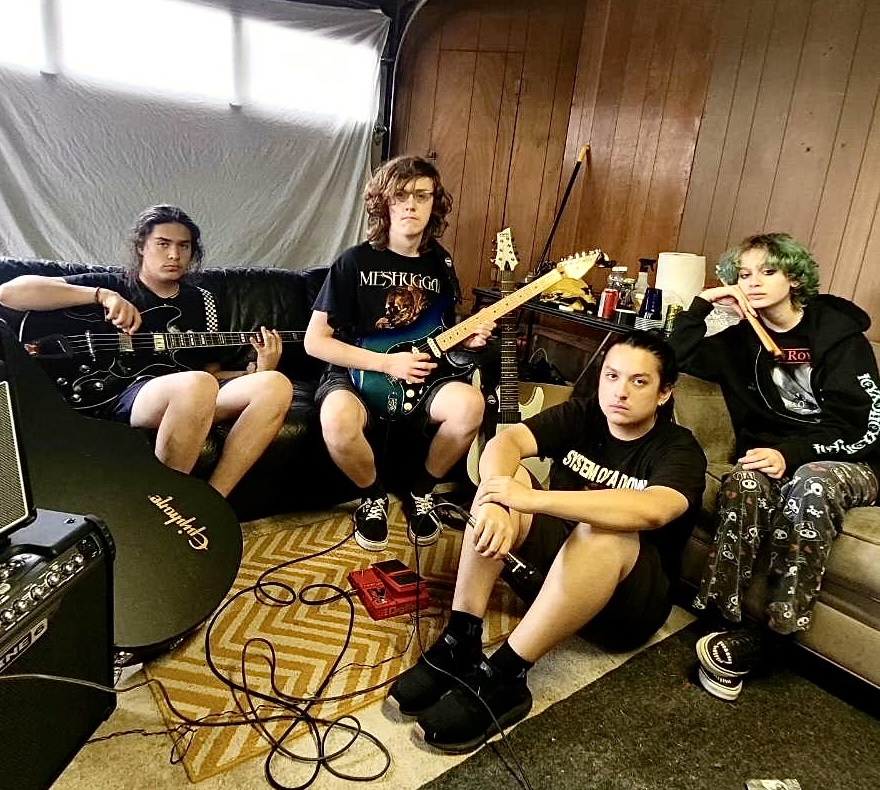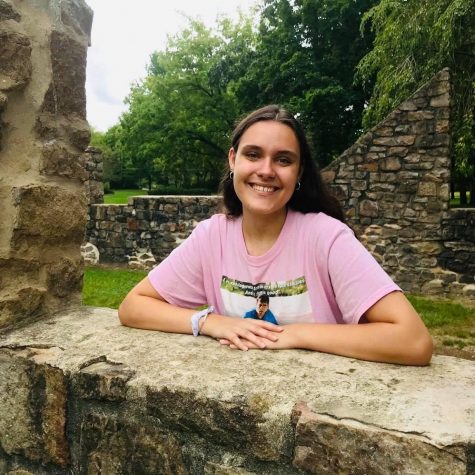
On and off for his entire life, 11th grade student Evan Carson, who has chosen to remain anonymous under an alternate name, has dealt with the difficulties that come with having a panic disorder.
Ever since he was diagnosed with the disorder in his late elementary school years, he has experienced night terrors and various other sleep problems often associated with it. The intensity of his disorder is seldom constant, rather fluctuating based on other factors in his life.
“I’ll have episodes where I will have my panic disorder be higher, and then it’ll be lower,” Evan said. “And, just in general, I’ve had depression my whole life, like different episodes of depression and anxiety.”
In the past, his struggle with his disorder has not drastically affected his schooling. This year, however, after being out for some time due to various mental health-related reasons, he has experienced problems keeping up with the amount of work he missed.
“. . . it’s definitely affected my grades, and it’s [given] me a lot of anxiety, and a lot of different stress, and a lot of different things [that] I have to now deal with because I was out for so long [that] I wouldn’t have had to deal with before,” Evan said. “But they’ve been very understanding, like [the] majority of my teachers have been willing to work with me.”
Evan believes that EHS puts forth its best effort to aid students who struggle with various issues surrounding mental health. Following his return to school, the administration and guidance counselors worked hard with teachers to lessen his workload and make an effort to understand the “low place” he was coming from; they made sure to accommodate for the fact that coming back to a place where he must have a lot of “energy” could be a struggle for him. They also ensured he was aware that if he ever needed the assistance of a psychologist, that would be an option they could provide for him.
Evan does think, though, that there could be improvements on top of all they have done for him.
“I think they forget that . . . it’s just—it doesn’t just like stop,” Evan said. “So when you come back, it’s gradually going to become easier once you come back from being out for a long period of time, or taking days off where you just need a mental health day.”
While Evan does wish the school allowed more leniency for mental health days, he is satisfied overall with the way EHS currently handles students with various mental health issues in the classroom.
“I think it’s adequate,” Evan said. “I think that there’s always more that people can learn about different issues. So, I think right now that they’re in a pretty good place with that, but there’s always more that they can learn.”
More mental health awareness within the school, such as potentially having a Mental Health Awareness week, is an idea that Evan would encourage and support. He also looks forward to the changes being put in place by the high school administration.
“There’s so many students who, while they’re not voicing that they’re struggling, they’re silently struggling,” Evan said. “So I think it’s awesome that even if they don’t feel that they need to reach out at the moment, to know that they have the resources available.”
Junior Kyla Fanning has grappled with depression and anxiety since she was young.
Her long path of difficulties involving mental health initially stemmed, she believes, from insecurities surrounding her intelligence; she often found herself comparing her grades to those of other people in her life. Certain struggles with her physical health and personal identity also plays a role in the problems she faces with her mental health.
“I had 5 concussions,” Kyla said. “So, I’m dealing with chronic pain from that, and then my issues with figuring out sexuality . . . like people’s responses to that and then just stuff happening in the world.”
Following a hospitalization, Kyla struggled with maintaining her school grades and making up the work she missed when she was not attending school. Transitioning back into a classroom setting, as well, was an obstacle that she had to overcome.
“My grades definitely took a hit when I was in the brunt of my depression,” Kyla said. “Like a lot of isolating and [I] didn’t really talk to my friends, so it’s kind of like I went to school, I didn’t do any of my homework or anything, and [I] went to sleep.”
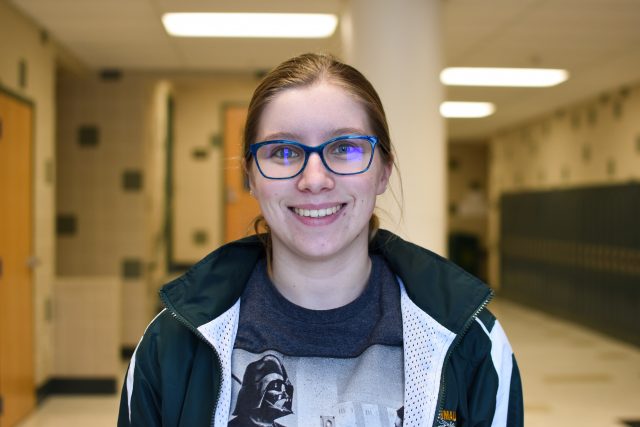
EHS’ guidance counselors, however, assisted in making academic plans to help her adjust to her regular school schedule. Teachers also worked and remained in contact with her to help maintain her performance in the classroom; sometimes, as Kyla described, they would even notice that she was having a bad day and would accommodate her.
Kyla believes that more outreach, along with therapy-on-site, is the best improvement schools can make in the way they handle sensitive cases.
“I think there just needs to be more support,” Kyla said. “Because I know a lot of people who are also struggling, like I have and still do, and they aren’t getting support or people aren’t recognizing that they’re struggling.”
Kyla has hopes that the programs EHS is progressively putting in place will help students like her in the long run.
“I was kind of excited because I know that it should be a help,” Kyla said. “It’ll be good for students who don’t have outside support.”
Additional reporting by Taylor Barkis.
This narrative’s writer requested anonymity.

When the EHS guidance and psychology department began the creation of my IEP for trauma-related depression and anxiety, I felt like they didn’t know what to do with me. I felt like no one believed me. No one listened to what I had to say, they didn’t take any of what I wanted into consideration. All I wanted was to be treated like a human being by my teachers, especially given my circumstances, but I was constantly given the runaround and unhelpful ‘solutions.’ I was told that my problems came from the transition into high school. It was implied by administrators that my school-related trauma somehow didn’t happen in their district; they implied that I was lying. I felt completely abandoned by the administration and the high school, lost in the sea of the nearly three thousand other students that somehow pack themselves into that school every day.
I was at the most vulnerable point of my life, had nearly committed suicide, and was going through intense and exhausting therapies for treating my PTSD. But no one seemed to care. They said they did, but they did nothing to show it. They were “there to help,” but only when it was easy for them to pull off. Instead of adding one of my suggestions to the IEP, I was given a half-solution that wasn’t effective. I’m still not allowed to utilize my original suggestion.
Throughout all this, my grades plummeted. I went from a near straight-A student to a ‘burnout’ gifted kid who would be happy to achieve a B rather than a C. I nearly dropped out of school on multiple occasions. I considered transferring. It got to a point where school became one of the things I hated doing more than anything. That wasn’t even that long ago. It was this school year.
Things have gotten a lot better for me over the past two years, but I don’t think any of that improvement can be accredited to the high school’s administration. It’s through things I’ve done on my own, like behavior correction and therapy. The school was given many opportunities to be successful and proactive in helping me, but they failed on pretty much every single occasion. All they did was make me feel like more of an outsider in an environment I already hated.
While this all may seem like listless complaining, there is a point to it. It’s me saying that change needed to be made. How the high school was functioning, or is currently functioning during its transition into being trauma-informed, is unhelpful. In fact, it’s damaging and dangerous. Had it been trauma-informed, I feel my experience would be completely different. Instead of acting like, “Oh, you have (behavior that extends from trauma)? Well, it’s actually against the rules for you to do the one thing that helps that, but uh, you can have a pack of gum instead!” they would have acted more like, “If that works for you, it’s not an issue.” That, along with compassion, are two of the main things that I feel like if I had at Emmaus High School during my first two years here, my life would have been made so much easier.
Featured photo courtesy of Needpix.


